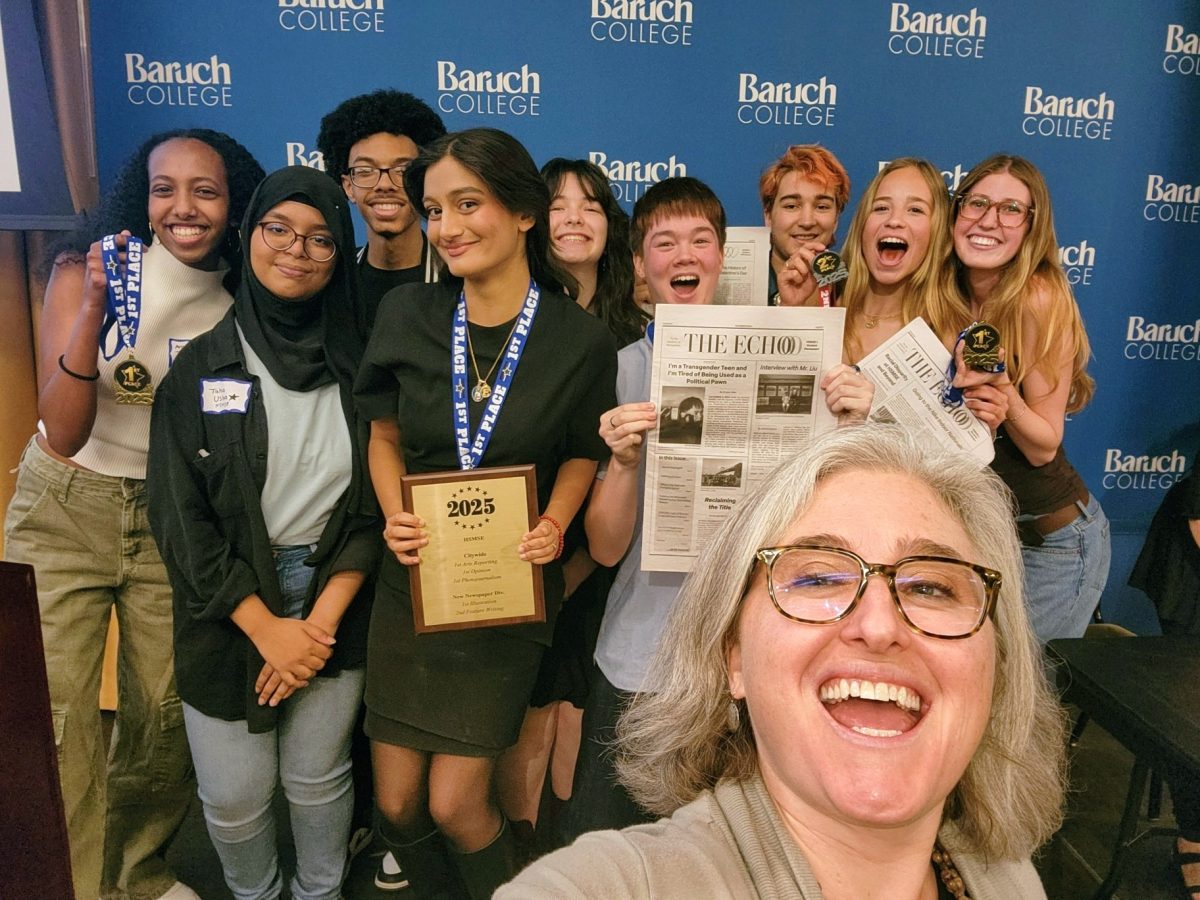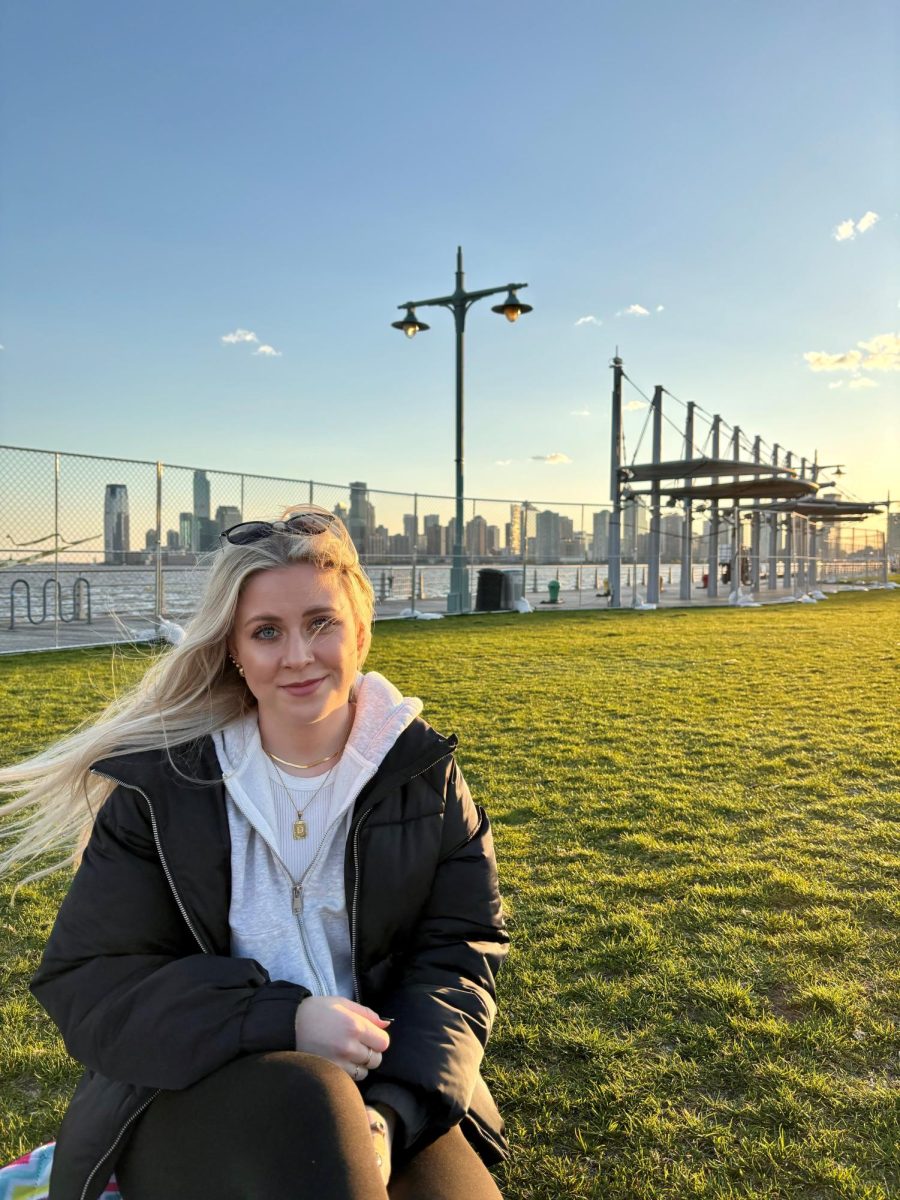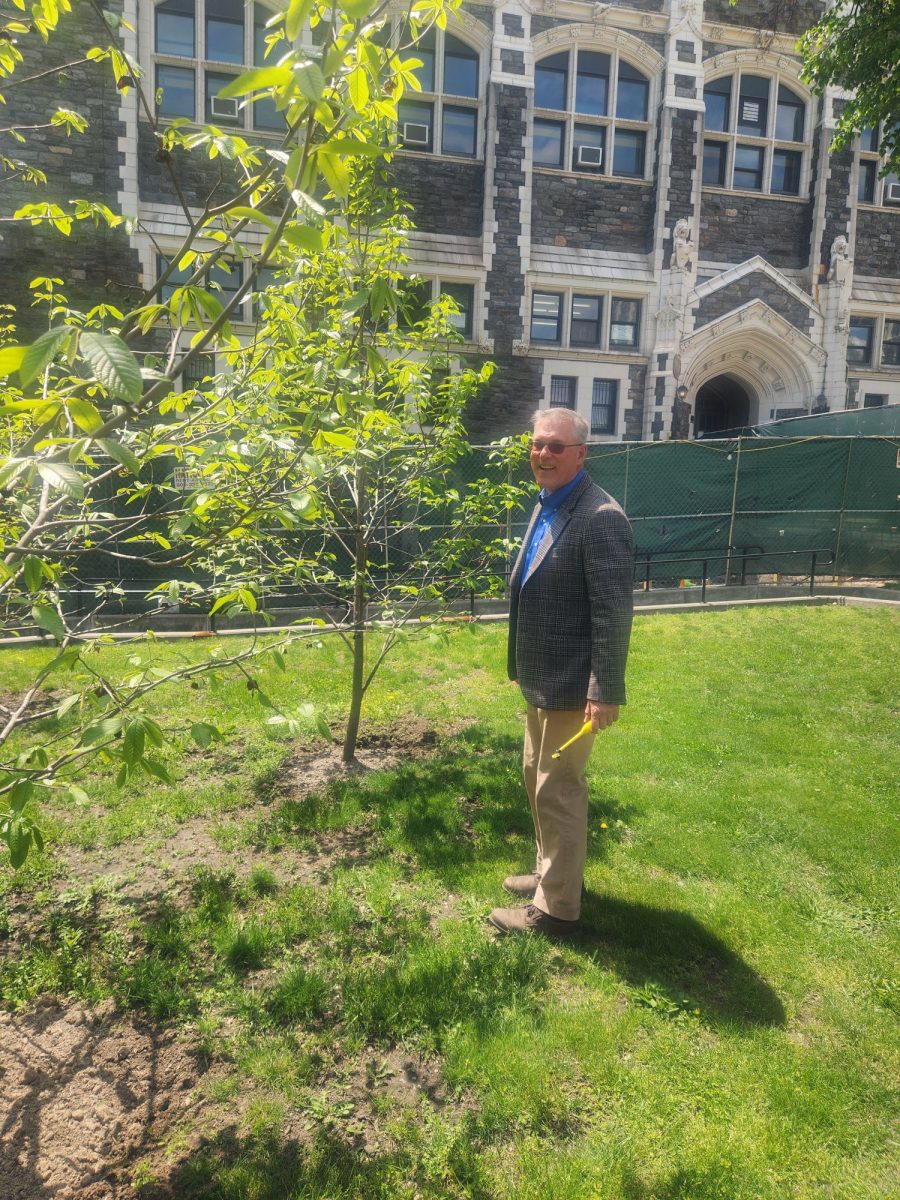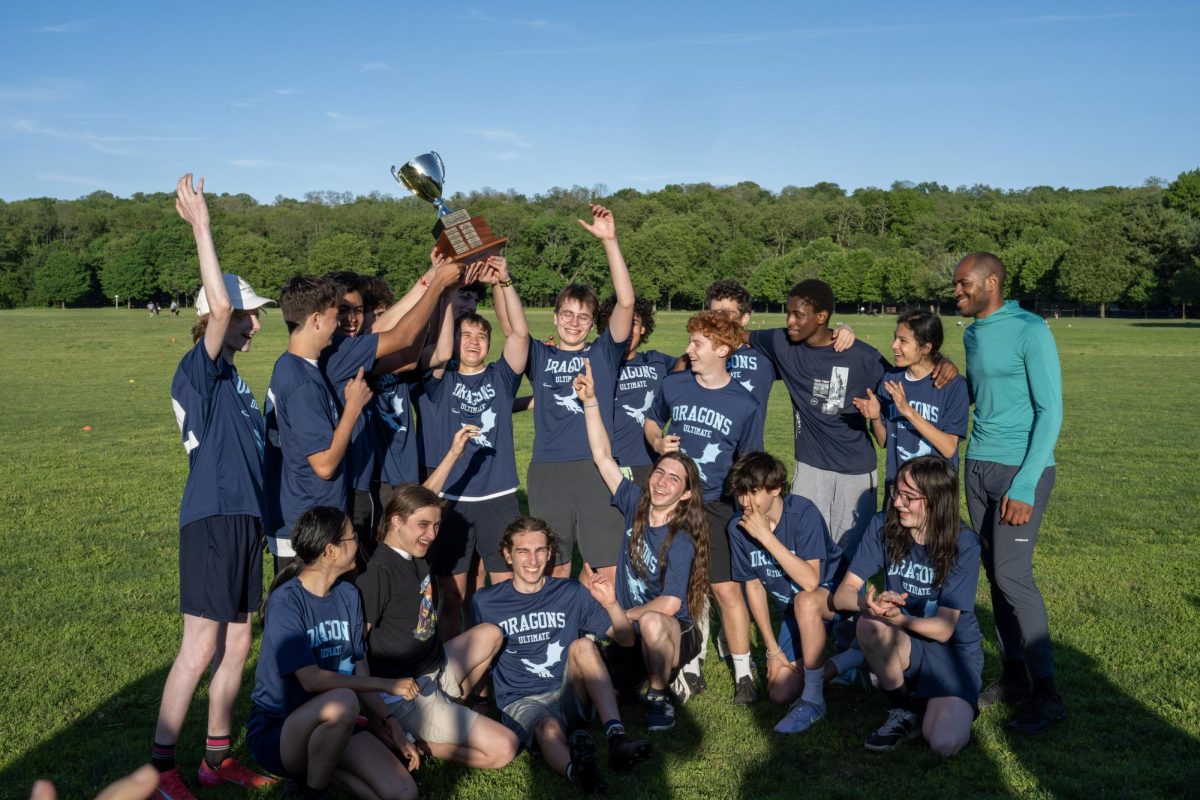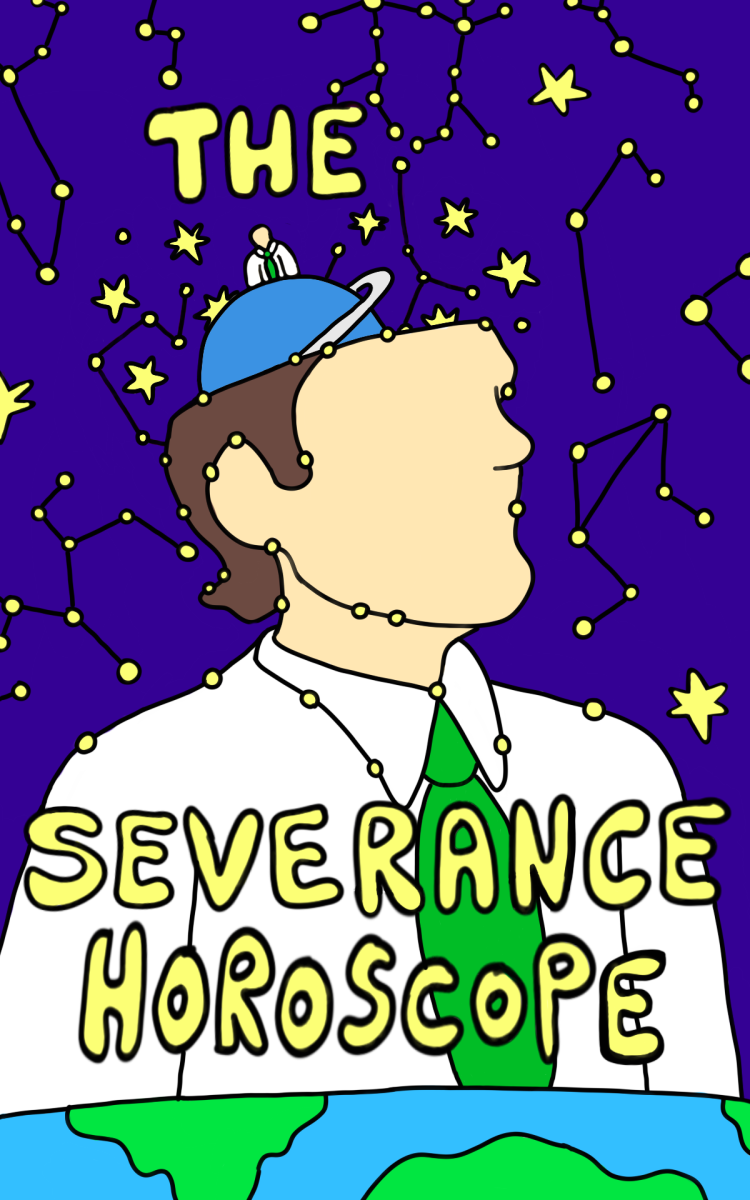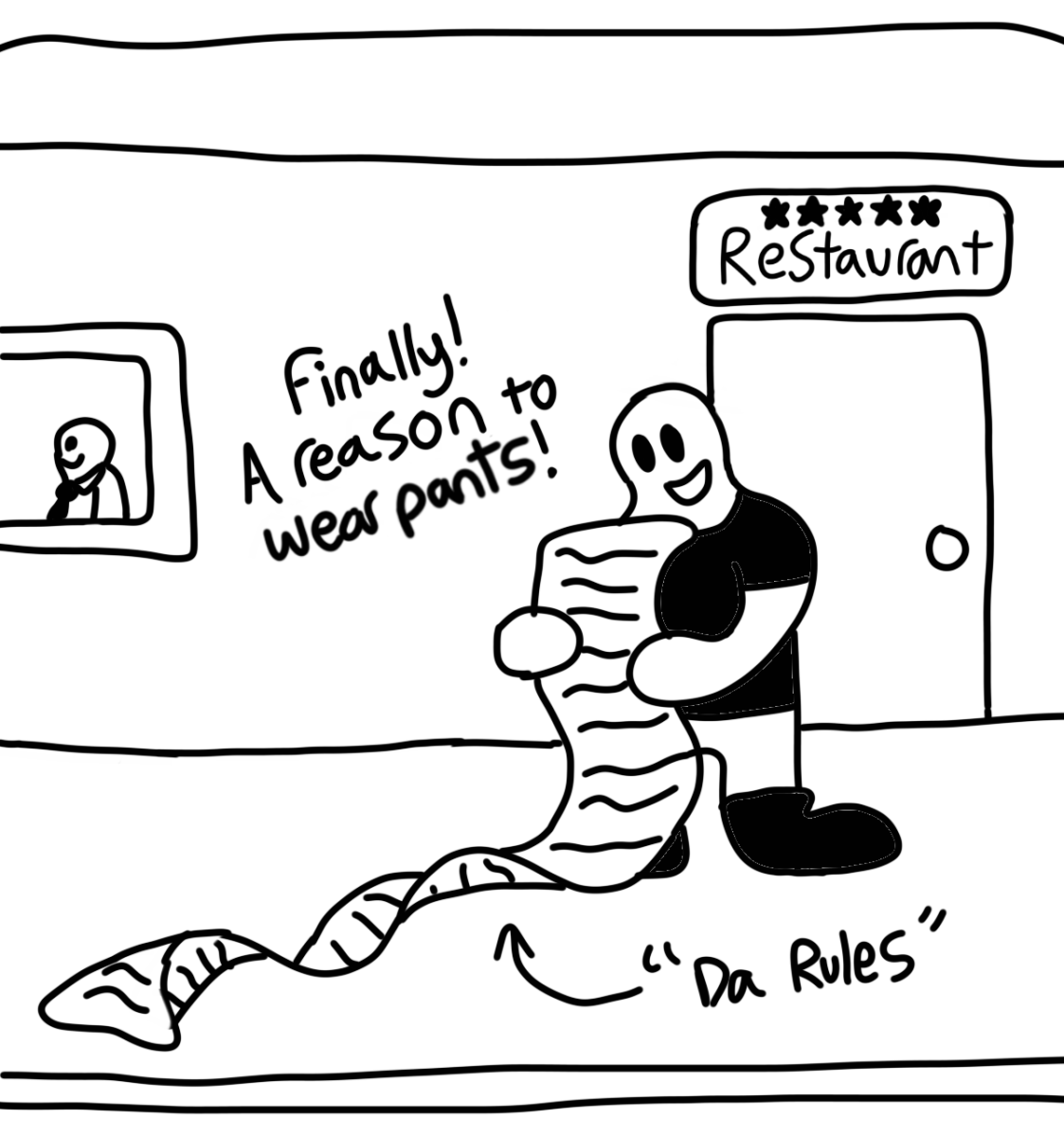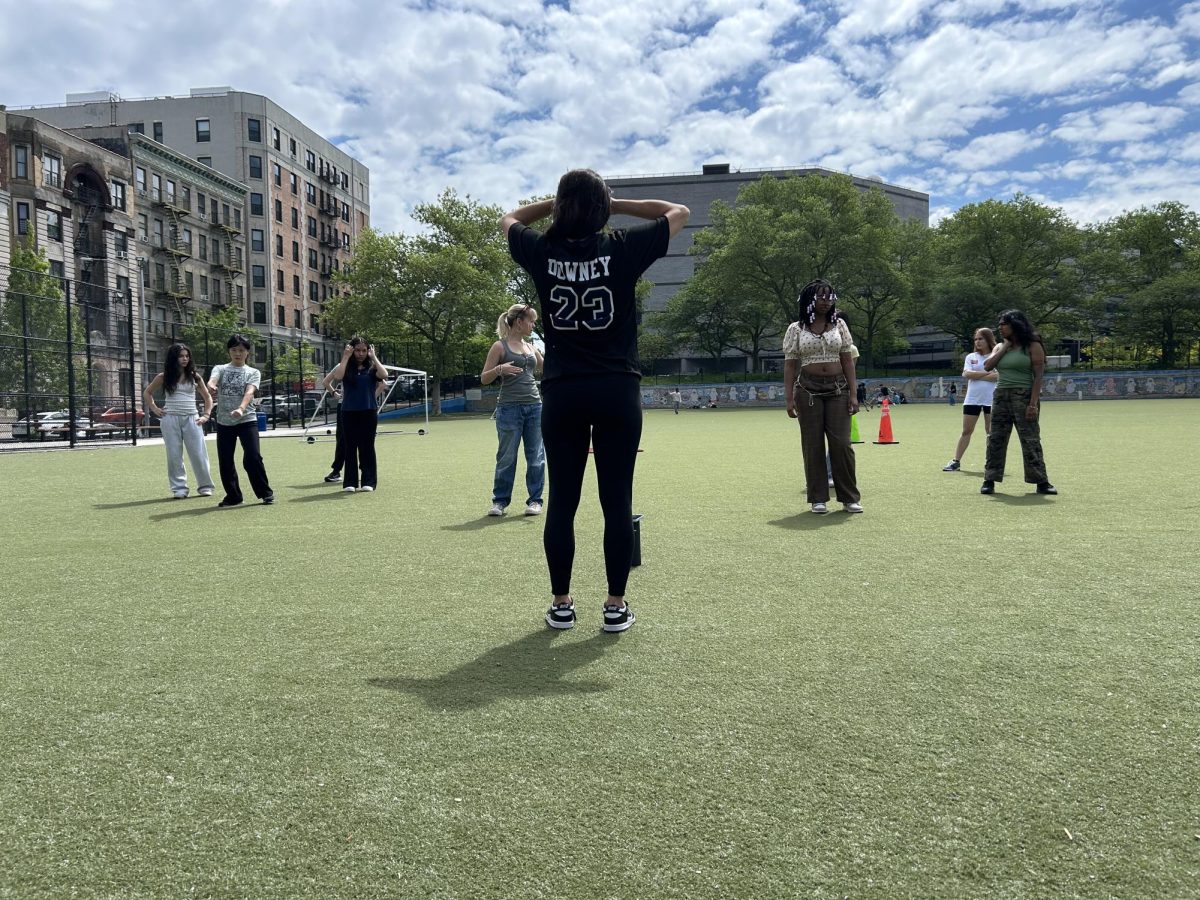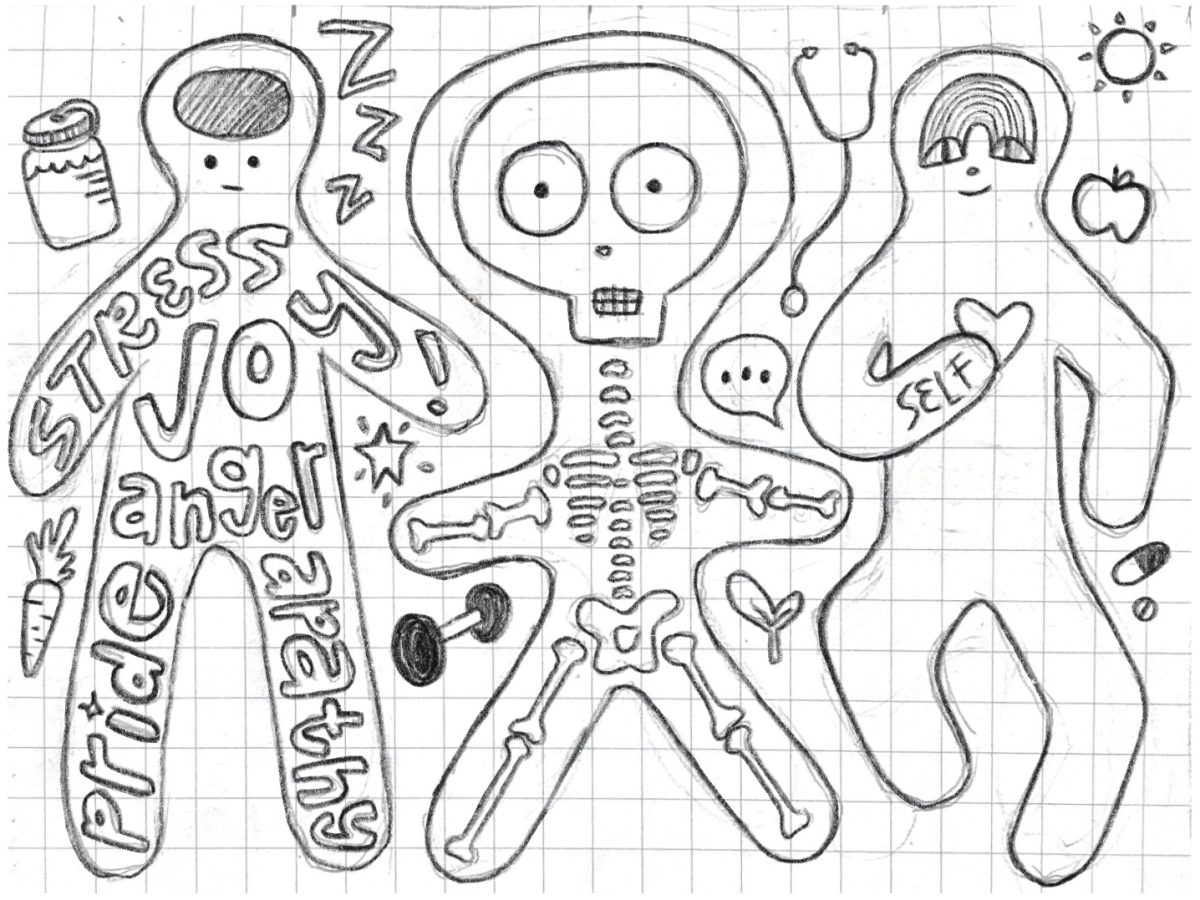HSMSE is a rigorous school; the high expectations that students and families have can cause additional levels of stress in students’ lives. Additionally, everyone goes through struggles outside of their academic life—socially, at home, or in sports. This can cause people to sometimes need support outside their usual people. So, what resources do HSMSE students have if they ever need help? Who can you reach out to within our school, besides your teachers and guidance counselors? I interviewed our school’s mental health clinician, Ms. Dylan, so you feel more comfortable seeking her out to talk if you need to. Ms. Dylan works from The New York Foundling, with our school at the Wellness Center to provide free mental health services to students. The Wellness Center can be found on the first floor of Baskerville Hall near the CCNY student entrance. This is a great resource for our school community, and one that all students should feel comfortable going to.
This interview has been edited for length and clarity.
Sarana Shafter: Why did you choose to work at a high school?
Ms. Dylan: I chose a high school specifically because even though I really love working with kids of all ages, I feel like you can connect so much better with high schoolers. I worked in a middle school at one point… oh, they were hilarious; 12-year-olds are just pure chaos! I [feel] like my work with the older kids [is] much more impactful and I also like being able to understand them a little bit better because they have more developed, higher-level struggles.
SS: What is the best part of your job?
Ms. D: This is going to sound like a suck-up answer, but my favorite part of the job is genuinely just getting to interact with you guys day-to-day. I love the silly little interactions that I get to have. I like going to assembly, I like it when I get to participate in advisory or noncrisis moments, and [I like when] when I have fun interactions with you guys.
SS: What are your favorite hobbies and why?
Ms. D: I really enjoy going on walks. I like walking on the West Side Highway; I like walking in Central Park; I like sometimes walking in Forest Park in Queens. I really love going alone. My other hobby is just playing my iPad games. I think my favorite game is Merge Mansion.
SS: What is your favorite book genre, and what do you love about it?
Ms. D: My favorite genre is audiobook memoirs. I listened to Britney Spears’s Tomorrow. I did Matthew Perry’s, too.. I recently listened to a book called [Sociopath: A Memoir by Patric Gagne]. It was written by a woman—a therapist, actually—who had a PhD and was diagnosed as a sociopath [about] her life and stuff like that. I really like [audiobooks] because [I can do] something else while I listen. I think it is interesting learning about people’s lives.
SS: If you could take any class at HSMSE what would it be? Why would you choose that class?
Ms. D: I think I would take Ms. Rasuk’s [AP Art History] class because I love Ms. Rasuk, and because one of my friends in college took an art history class. Whenever she would talk about it, it sounded really difficult and I probably would have done badly, but it sounded so interesting—like, “What are the meanings of these paintings?”
SS: If you could live anywhere in the world, where would it be and why?
Ms. D: Well, real answer: If I could live anywhere, it would be here [in NYC]. I have lived here my whole life. If I could live somewhere else, I would live in Dublin, Ireland—that’s where my whole dad’s side of the family is from. I feel very at home [there], very welcomed and immersed in the culture.
SS: If you could have any other job in the world, what would you choose and why?
Ms. D: If I could have any other job, I would be an event manager. I love planning parties, dinners, and stuff like that, but I could never have that job because I think it would make me hate parties.
SS: How did you first get introduced to mental health care?
Ms. D: My mother’s a therapist … I wish I had some super interesting story or like an “Aha!” moment of getting into the field, but honestly when I was a senior in high school applying to schools with a declared major, I was just like “psychology—I will be a therapist.” It didn’t even occur [to me] to do anything else. I loved my church classes; I love working with kids. I was a preschool teacher before this.
SS: Why do you choose to work in the field of mental health?
Ms. D. I think a combination of things. It is a very difficult field. There are some days where it feels heavy and intense, but [on other] days, I have joyous moments or a past student or client reaches out to me with positive comments, I am like, “Oh yeah, the good outweighs the bad, and I enjoy working with teens and kids.” When my friends describe their office jobs, I’m like, “It sounds boring, sorry you don’t get to color at work!”
SS: What are the most important resources our school provides students with who are seeking mental health help?
Ms. D: The Wellness Center is [definitely] one of the most important. I do feel [also] like Advisory is really good; the lesson plans Ms. Patterson puts together are really specifically curated to topics people might want to talk about. They don’t go super in depth, but it provides the topics in case you want to go home and talk to your friends and family. Also, health class—some of the lessons are mental health focused.
SS: Does our school need any further resources? What would you change?
Ms. D: I feel like that’s a hard one because things cost money, but in a perfect world, it would be super awesome if there [were more] people at the school like me. This position has been one person for a long time; of course you have your guidance counselors, but [I wish there were] more people [in my position].
SS: How would you recommend a student advocate for themselves and get help they need? Many find this scary. Do you have any advice?
Ms. D: I would say the first step would be to talk to anyone. Even if it’s not reaching out to a guidance counselor, teacher, or therapist, just starting the conversation at home can make the conversation less daunting. Once you say something out loud, it feels like a massive load off your shoulder. And I would say then the next step, if you need help finding resources, would be to come to me or guidance counselors. Just know you won’t be judged. I have never had a student come in here [and been] like, “That’s a silly issue.” If you are brave enough to reach out for help, that is an amazing step.
SS: Do you have any tips on managing stress or anxiety students can feel over grades or friends?
Ms. D: I would say different tips for friends versus grades. With grade stress, my recommendation would be to talk to your friends: Once you say something out loud, it has less power over you and you will see, “Oh, in the grand scheme of things, this is so silly.” But if you have friend struggles, obviously talking to them might [not] be that easy. See what other parts of your life you can pour [yourself] into, if your friendships are toxic or not uplifting—if [you can] pour [yourself] into outside-of-school friends or family or soccer or something like that.
SS: If you had one message to give HSMSE students regarding anything, what would you say?
Ms. D: I kinda have a silly phrase: “It’s not that deep.” Of course there are some things in life that are huge and stressful, but [for] the little things that start to get to you…sometimes I find [that] they are just eating away at me and I am just going over [them] in my head over and over—and then when I look back at them, it wasn’t that deep. There are so many things we get caught up in [in the moment] that aren’t going to be that impactful in our lives.
If you ever need mental health care, don’t be afraid to speak up to Ms. Dylan, a guidance counselor, or another trusted adult. There are also many city-provided resources available to all public school students, like Teenspace, “a free mental health support program available to any teenager aged 13 to 17 living in New York City.” Teenspace provides high school students with a free therapist and other online mental health resources. Registration is simple: make an account, provide any required legal information, and fill out a form relaying your needs. You will then be matched with support. Additionally, NYC 988 is a lifeline number where you can speak with a counselor or report someone who might need help. If you or a friend need support, don’t hesitate to reach out and get help.








